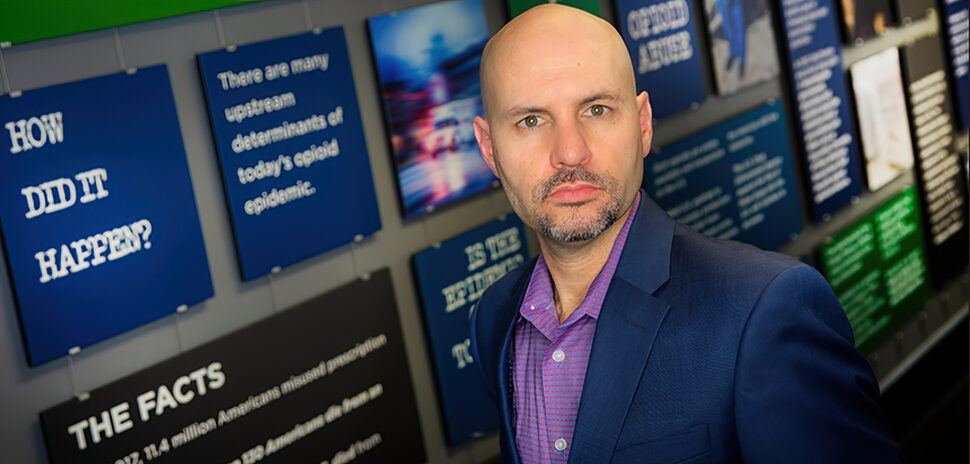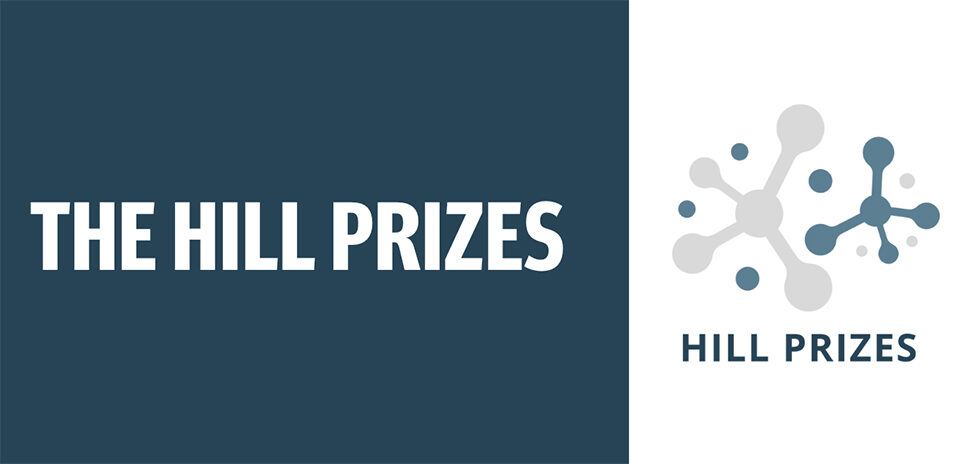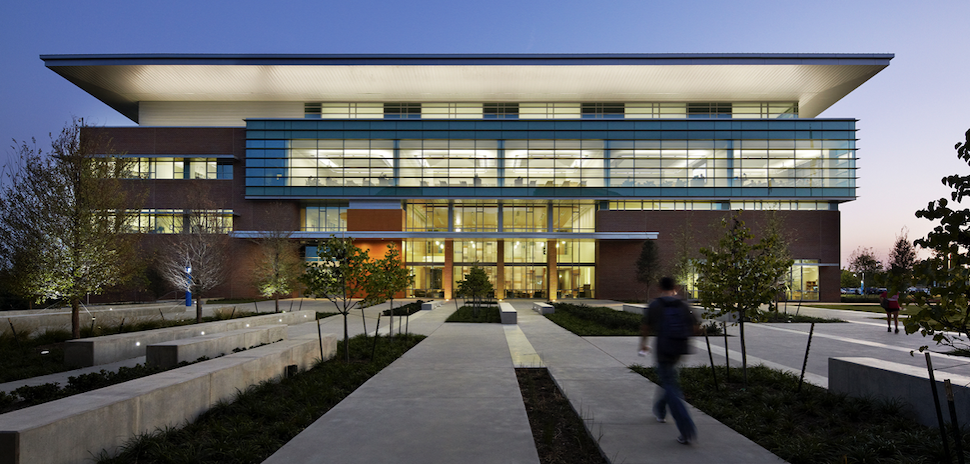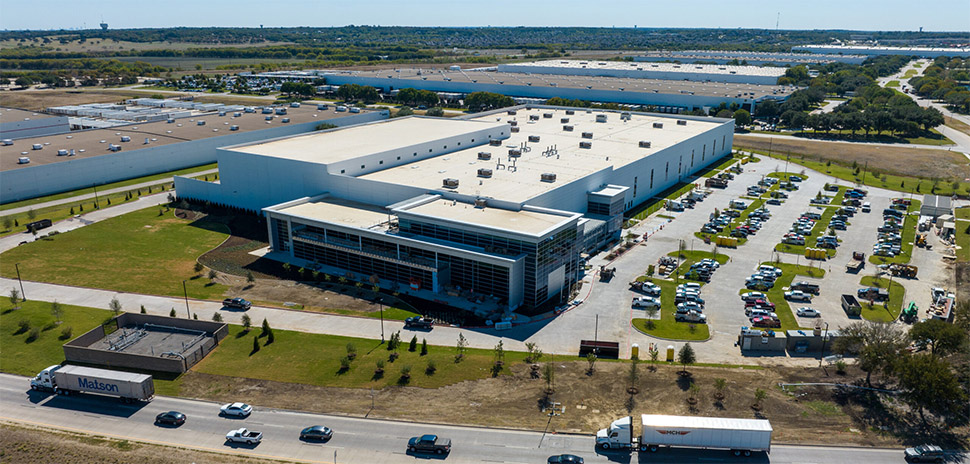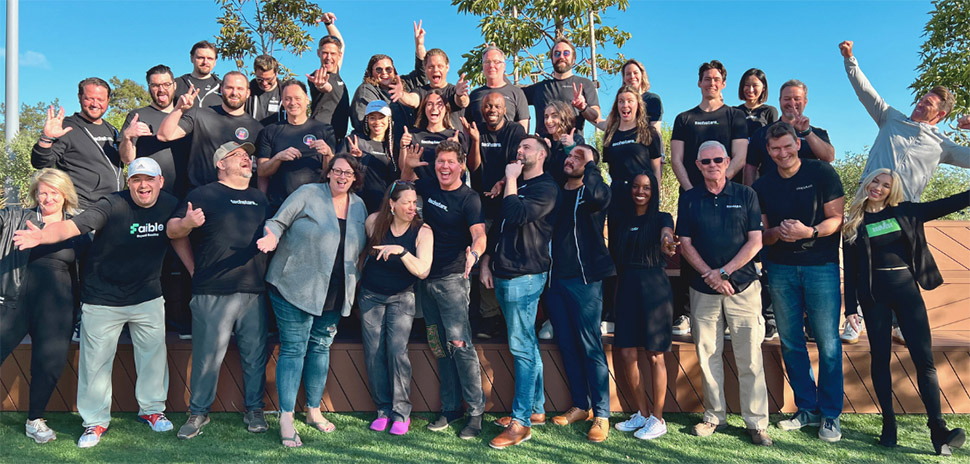Tarleton State University continues to expand its role driving innovation, workforce development, and economic growth across North Central Texas. The Stephenville university has secured funding from the National Science Foundation for its “GRANTED” initiative to build research capacity at emerging research institutions.
Tarleton is also gearing up to obtain an Economic Development Administration grant from the Department of Commerce to strengthen rural entrepreneurship and develop the regional workforce.
The federal grant activity is fresh on the heels of last month’s approval of the Tarleton State Biotechnology Institute at Texas A&M-Fort Worth’s downtown research campus.
Fort Worth’s Rupa Iyer is leading the charge to secure transformative grant funding for the state university. As the vice president of research, innovation, and economic development for Tarleton State University, she helped create its new Biotechnology Institute via $1.2 million of a $2.1 million National Science Foundation award.
The VP of research aims to expand the impact of Tarleton’s research and innovation to stimulate economic development in the broader region.

The newly approved Tarleton State Biotechnology Institute on Texas A&M’s downtown Fort Worth research campus will focus on cross-disciplinary research impacting agriculture, medicine, energy, the environment, and more.
Expanding the North Central Texas innovation ecosystem
Tarleton is a “major driver of talent, research, and innovation, and economic development in North Central Texas,” Iyer says.
The university’s proximity to the Fort Worth, Waco, and Dallas metros—all within 100 miles of the school— helps “bridge the rural-urban divide,” according to the Tarleton VP.
“As a comprehensive, rural public university, it has been building research capacity and focused on addressing societal and economic challenges the NCT region, the state, and the region is facing,” Iyer said. “Tarleton is uniquely positioned to address these challenges.”
Iyer shared details of the university’s two newest grant programs that are set to expand innovation ecosystems in the broader North Central Texas region.
The NSF “GRANTED” initiative: Building equitable research capacity
Tarleton’s project under the “GRANTED” initiative takes a collaborative approach to “convene emerging research and very high research universities and provide a platform to share best practices in research administration,” Iyer said.
The goal? To create “nationally scalable models to build and sustain research enterprise capacity at emerging research institutions.”
R1 universities, which have “Very High Research Activity,” have the resources to lure top-tier faculty and implement efficient research infrastructures, Iyer says. In contrast, Non R1s and Emerging Research Institutions, and other underserved entities often grapple with a deficit in skilled workforce and the necessary tools, creating a divide with their R1 counterparts.
The pandemic further exacerbated those challenges “due to research administration workforce retiring, poached or simply burned out,” Iyer said.
Tarleton secured $99,979 from the NSF to host a two-day GRANTED conference bringing together emerging and established research institutions. The event will provide a platform to share best practices in research administration. Immediate outcomes include stronger “multi-institutional collaborations” across the country, the VP says.
“Another immediate impact of the initiative is increased networking opportunities for emerging or developing institutions, which could lead to future sponsored research collaborations,” Iyer said. “The overarching goal is to share knowledge gained and catalyze the development of new approaches to collectively strengthen the nation’s research enterprise.”
A “First” in DoC university centers
Tarleton is set to lead the pack as the inaugural University Center funded by the Department of Commerce. Iyer, who received a letter of recommendation for the award, is awaiting the “official” word. Then, the Tarleton Innovation and Entrepreneurship University Center would become the “first University Center funded by the Department of Commerce,” according to Hayden Blackburn, executive director of TechFW and a partner in the project.
The Economic Development Administration’s University Center program aims to help higher education institutions build regional economic ecosystems that support innovation and high-growth entrepreneurship.
The Tarleton center aims to be a hub for “research-based economic development, entrepreneurship, and resilience” in North Central Texas, according to Iyer.
The VP of Research says the Tarleton hub will take a triple-pronged approach to elevating the North Central Texas economy: First, it will support rural entrepreneurship by analyzing resource gaps and providing actionable intelligence to local businesses. Second, it will develop competitive workforce skills through initiatives like mentorships, micro-credentials, and industry networking forums. And third, the center will enhance regional competitiveness by creating a centralized platform connecting entrepreneurs to technical assistance and physical space for collaborations.
“The Innovation and Research Building, which will break ground by the end of the year, will provide the space for emerging startups and small business owners to engage with mentors and connect them with local business resources to create a vibrant entrepreneurial ecosystem,” Iyer said.

Hayden Blackburn, Executive Director of TechFW
The initiative won’t be going it alone, TechFW’s Blackburn told Dallas Innovates.
With a list of partners from the North Central Texas Economic Development District to the Texas Small Business Development Center Network, the venture has backing from local government and nonprofit collaborators, including the Heart of Texas Economic Development District, City of Stephenville, and Stephenville’s Economic Development Corporation and Chamber of Commerce. TechFW, HSC Next, and Workforce Solutions (Tarrant, Dallas, and North Central Texas) are also on board, he said.
The collaboration of the partners is pivotal to the grant, Iyer said, with the university being the main anchor.
Rising HERD ranking
Iyer’s leadership has seen dividends, as evidenced by Tarleton State University’s rise in research metrics during her tenure as the inaugural vice president for research, innovation, and economic development.
In just under three years, Iyer has presided over the highest research expenditures and Higher Education Research and Development (HERD) rankings in Tarleton’s history while also reducing the administrative burden associated with sponsored research, per the university.
The HERD ranking, compiled by the National Science Foundation, quantifies research and development expenditures by U.S. universities and reflects a commitment to research.
Iyer spearheaded the creation of two new institutes—the aforementioned Biotechnology Research and Innovation Institute in downtown Fort Worth and the Institute for Rural Research and Economic Development, the university notes.
Both institutes aim to support regional innovation ecosystems and drive economic development through research, especially in underserved communities, Iyer says.
The Tarleton VP draws on her experience for expanding research frontiers. Iyer, who earned a Ph. D from Michigan State University and conducted postdoctoral studies at the M.D Anderson Cancer Research Center, was the former program director for the National Science Foundation from 2017 to 2019.
Before joining Tarleton State University, she was the founding director of Biotechnology Programs and Director of the Center for Life Sciences Technology at the University of Houston for over 15 years, where she created the “first accredited program in the country,” the VP said.
![]()
Get on the list.
Dallas Innovates, every day.
Sign up to keep your eye on what’s new and next in Dallas-Fort Worth, every day.












